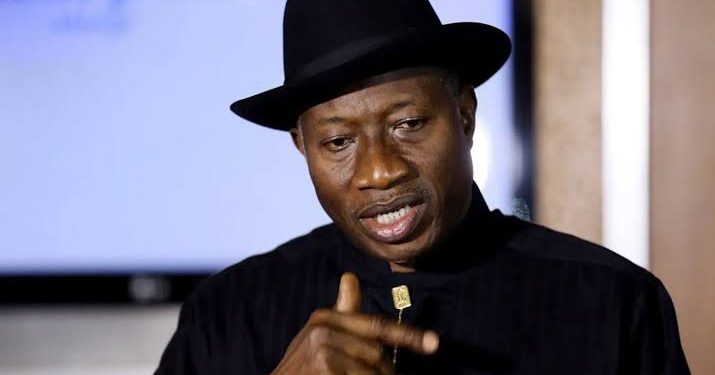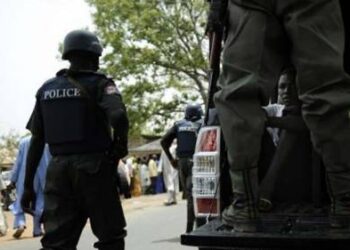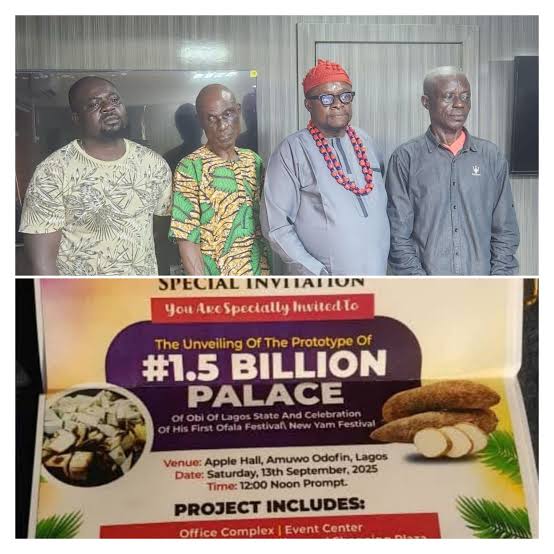The lawmakers in the United States House of Representatives Committee on Financial Services has asked the Department of Justice, DOJ, to reopen the Foreign Corruption Practice Act into Shell and Eni’s 2011 purchase of the rights to Oil Prospecting Licence, OPL, 245, one of Nigeria’s most lucrative oilfields.
The lawmakers said evidence available implicated Shell and Eni for bribing some Nigerian government officials, including former President Goodluck Jonathan, to the tune of $1.1 billion.
In a letter dated May 8, 2024 to Attorney General Merrick Garland, Representatives Maxine Waters and Joyce Beatty alleged that Shell and Eni violated the Foreign Corrupt Practices Act (FCPA) by paying over $1.1 billion in bribes to Nigerian officials, including former President Goodluck Jonathan, to secure the OPL 245 oil rights.
The lawmakers said: “Available evidence implicates both companies in a scheme that resulted in the payment of $1.1billion in bribes to Nigerian government officials, including then President Goodluck Jonathan.
“Shell and Eni, both registered with the US Security and Exchange Commission, continue to profit from the deal in violation of FCPA.”
The lawmakers emphasised that U.S. law prohibits American firms from bribing foreign officials to benefit their business interests.
Shell and Eni, being registered with the SEC, “continue to profit from the deal in violation of the FCPA,” they added.
“Eni’s legal challenge, filed at the International Centre for Settlement of Investor Disputes (ICSID) and based upon the corruptly acquired prospecting license and related Resolution Agreement, as well as the use of the original contract in arbitration proceedings, constitutes further violation of the FCPA.
“The ICSID proceedings are currently suspended until May 23, 2024, with the agreement of the parties, suggesting that a settlement is being negotiated. Allegations have been made in the Nigerian press of further corruption relating to a settlement,” the lawmakers said.
“Shell and Eni, both registered with the U.S. Securities and Exchange Commission (SEC), continue to profit from the deal in violation of the FCPA.
Their call comes after Nigeria’s President Bola Tinubu controversially restored the oil block’s ownership to the European firms.









